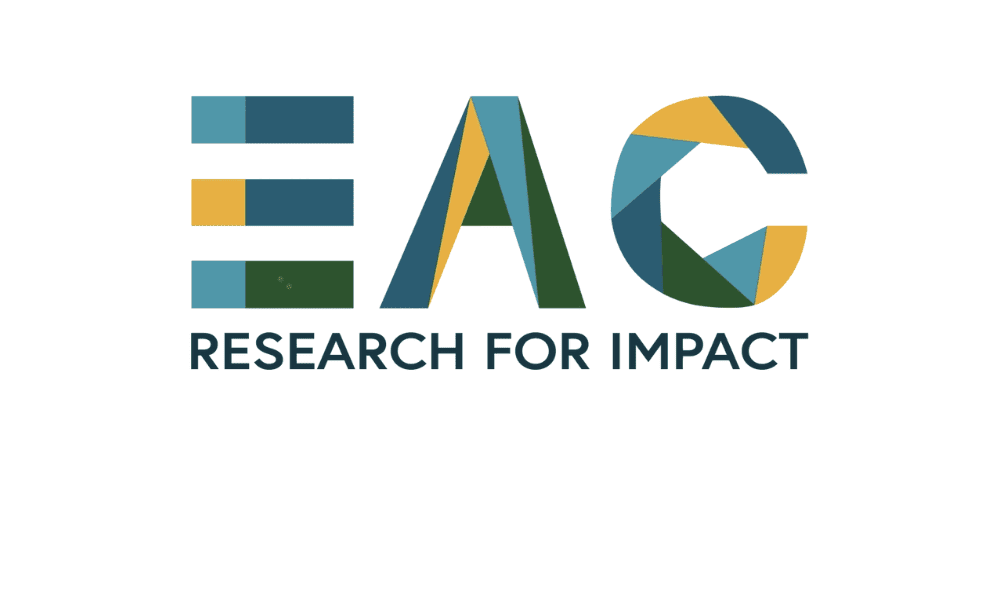Equality Action Center Launches with New Study on Effective DEI Strategies for Businesses

A new Equality Action Center report details how evidence-based strategies help businesses reduce bias and improve employee recruitment and advancement.
Companies across multiple industries can use data-driven methods to reduce workplace bias and more effectively recruit, retain and advance the most talented employees, according to a new report by the Equality Action Center (EAC) at UC Law San Francisco.
Produced in partnership with The Conference Board and supported by a grant from Walmart, the report — Traditional Bias Training Doesn’t Work – Bias Interrupters Do — details two years of research testing out EAC’s Bias Interrupters tools in companies across the country.
EAC joined UC Law SF’s roster of influential programmatic and research centers on July 1.
“We now have masses of evidence that Bias Interrupters can help companies can make year-over-year progress on their diversity and inclusion goals,” said EAC Director Joan C. Williams, a report author and Sullivan Professor at UC Law SF. “Bias Interrupters are also the best way to control for legal risk: They level the playing field and improve the workplace experience for every group.”
The report found that evidence-based interventions helped companies diversify hiring pools, reduce bias in their screening and interview processes, create fairer employee evaluation systems, and reduce disparities in work assignments that affect employee advancement.
U.S. corporations spent almost $8 billion on bias training in 2020, but many of those trainings are ineffective, and many corporate diversity programs fail because they do not use an evidence-based metrics-driven approach to leveling the playing field, the report says.
The Bias Interrupters program was developed to address the problem, documented by EAC’s studies of six different industries, that a company’s business systems (e.g., evaluation and interview processes) reflect the bias of people traditionally hired. This results in the continued hiring and promotion of similar people.
The report details how Bias Interrupters can be highly effective. After EAC’s 90-minute Individual Bias Interrupters Workshop, a professional services firm saw the biased distribution of literal office housework (like cleaning up after meetings) between women of color and white men drop from 27 percentage points to 0.
Bias Interrupters not only leveled the playing field, they also resulted in improvements for all groups. At a consumer goods organization, the Bias Interrupters performance evaluations intervention resulted in a 52-percentage point increase in evidence-based feedback across the organization – meaning everybody was more likely to get this type of feedback.
The experiments took place in a wide range of organizations, from tech startups to massive multinational manufacturing organizations. The report also identifies issues, such as flawed data management systems, that organizations must address to make DEI programs more successful.
“Each organization made a serious commitment to collecting metrics and taking action,” said EAC Research Director and report co-author Rachel Korn. “Their commitments paid off in the form of better business systems and workplace culture.”
Equality Action Center is UC Law SF’s newest center, launching this summer after growing out of the Center for WorkLife Law. EAC’s work carries on the leadership and Diversity, Equity, and Inclusion programs from the Center for WorkLife Law. The Center for WorkLife Law will continue efforts to fight discrimination in jobs and education through research, advocacy, grassroots partnerships, and assistance to students and workers.